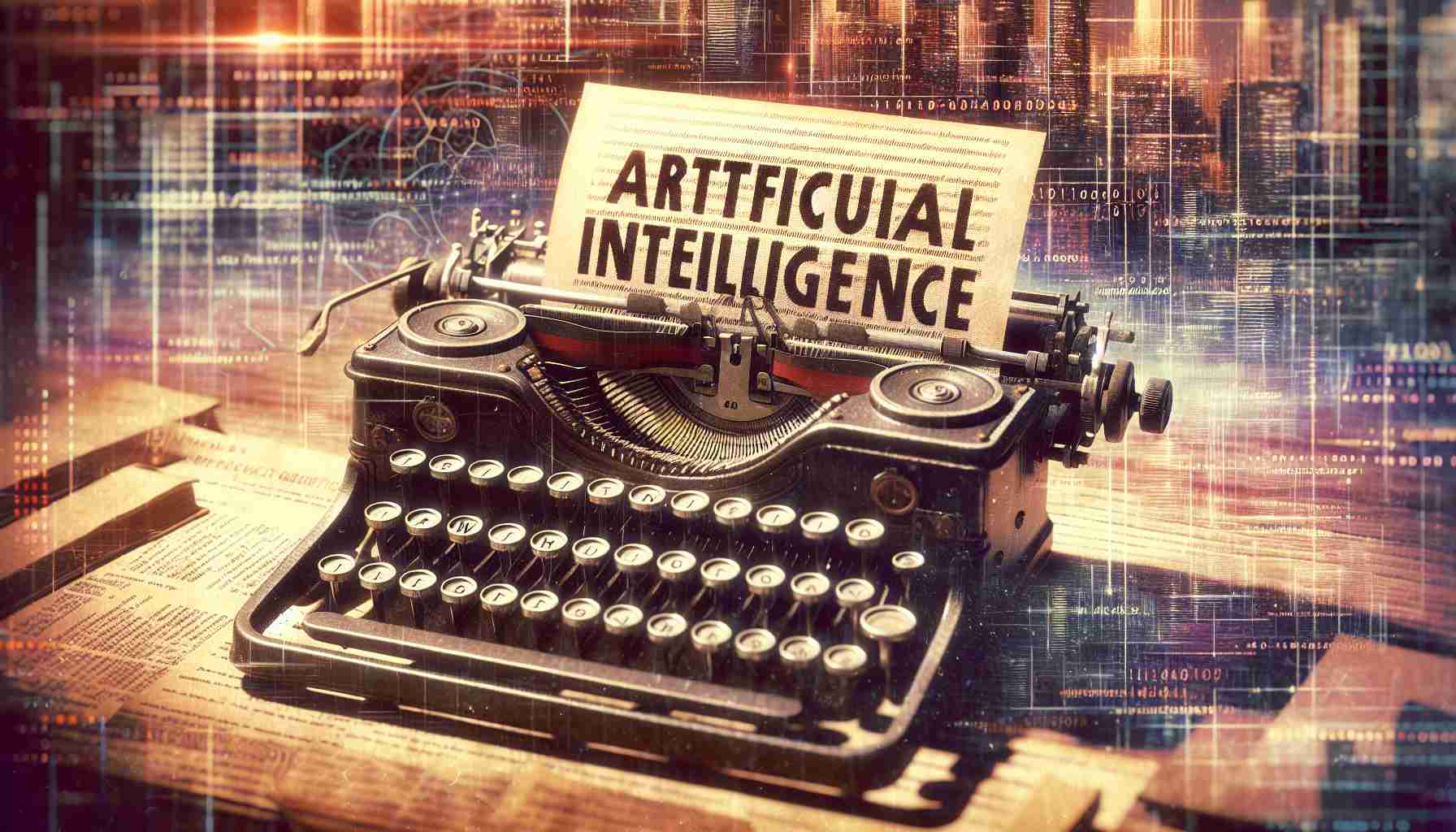The term “artificial intelligence” often feels like a staple of modern science and technology discussions. Yet, many people might be surprised to learn that it was coined over half a century ago. In an era where AI is rapidly transforming industries and daily life, understanding the origins of the term provides valuable insights into its development and evolution.
The phrase “artificial intelligence” was first introduced by American computer scientist John McCarthy in 1956 during a famous workshop at Dartmouth College. This event marked the birth of AI as an academic field. McCarthy, along with notable contemporaries like Marvin Minsky, Nathaniel Rochester, and Claude Shannon, convened to discuss the possibilities of machines simulating human intelligence. They envisioned a future where computers could solve problems, make decisions, and potentially learn from their surroundings.
The Dartmouth conference established AI’s foundational goals and propelled a wave of research and development. McCarthy’s choice of the term “artificial intelligence” was deliberate, reflecting a focus on mimicking the cognitive functions associated with human minds. This laid the groundwork for numerous breakthroughs: from early expert systems to today’s advanced machine learning models.
As AI continues to advance, revisiting its origins helps us appreciate both the journey thus far and the challenges that remain. The term “artificial intelligence” captures the complex dream of creating machines that emulate human intellect. Understanding its history can inspire today’s innovators as they push the boundaries of what’s possible.
Uncovering the Hidden Agenda of Artificial Intelligence
The story of artificial intelligence (AI) often centers around its inception in the 1950s. However, less discussed are the profound impacts AI has had on societies, economies, and geopolitics. AI’s influence stretches far beyond academia, touching lives in ways previously unimaginable.
Did you know AI is a geopolitical chess pawn? Countries are in an AI arms race, vying for supremacy in this cutting-edge field. The ability to harness AI is viewed as vital to national security, economic growth, and global influence. The technology’s dual-use nature means advances in AI carry both civilian and military applications, leading to a controversial balance between innovation and regulation.
How does AI affect the workplace? Automation powered by AI raises concerns about job displacement across industries. While some roles vanish, others emerge, requiring reskilling of the workforce. This dichotomy presents a challenge: how do communities adapt to an AI-driven economy while ensuring equitable opportunities for all?
AI’s ethical quandaries: As machines become better at decision-making, ethical dilemmas arise. Autonomous vehicles, healthcare diagnostics, and surveillance systems equipped with AI demand stringent ethical guidelines to prevent misuse and protect human rights.
To delve deeper into AI’s multifaceted impact, consider exploring resources from prominent tech think tanks like Brookings Institution and MIT. These organizations provide insights into AI’s ongoing evolution and its implications for our world.
By understanding these overlooked facets of AI, we can better navigate its integration into society, ensuring it serves as a boon rather than a burden to humanity.








